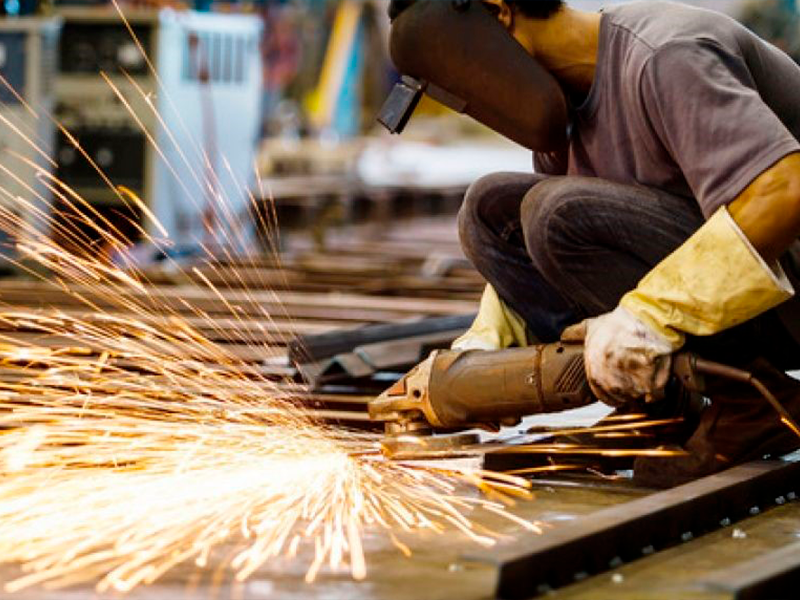
The metalworking sector in Espírito Santo has experienced significant growth over the last 25 years, due to investment opportunities in the state in the mining, steel, pulp and oil and gas sectors. Local supply increased from 8% to 60%, and companies have become a reference in several segments, supplying different customers in several Brazilian states.
This result is the fruit of joint work between the private sector and the state government, highlighting the actions of the PDF and PRODFOR programs, working to improve the business environment, certification and promotion of companies and qualification of workers.
The State Government, with its incentive and benefit programs, highlighting INVEST and COMPETE, encouraged the growth of existing companies and attracted companies from other states that came and settled here, developed and integrated into the sector.
Currently, the sector is made up of around 1,300 companies that employ more than 25 thousand workers with an annual turnover of over eight billion reais, with more than 50% of this value coming from supplies made to other states.
However, despite these achievements, we note that in the general ranking of competitiveness among Brazilian states – an assessment by MBC-Movimento Brasil Competitivo – Espírito Santo is in 6th place, being above average in nine of the ten items assessed, with innovation being the only item that fell below, losing out to states with less industrial, commercial and social expression.
Considering also the increase in productivity at a global level with the advent of the technological revolution applied to industry, the strategy of innovation appears to be the best path. To achieve this, it is important for the entrepreneur to invest in Research and Development (R&D), as Norway and Singapore have done. In these countries, entrepreneurs invest around 10% of their revenue in innovation, treating this item as an investment and not a cost.
To change this business culture, the government must play an important role in encouraging innovation, creating technology parks, providing resources and/or tax incentives to create favorable conditions and boost competitiveness. It is important to integrate companies and academia, enabling the use of researchers and laboratories that can support the work of companies. In the state, it is important to highlight the role of FAPES, the Research Support Foundation, which has been committed to working with the private sector in the search for solutions that meet the needs of the market.
The Capixaba Metalworking Development Center (CDMEC), seeking to reduce these risks, acts as a facilitator to foster a culture of innovation and assist companies on this path. In November 2016, in partnership with Sindifer and ArcelorMittal Tubarão, a workshop was held to launch innovation challenges for companies in the sector from Espírito Santo, regardless of their size, which allowed small and medium-sized companies to compete on equal terms with large companies. The result was surprising, with companies emerging with innovative solutions that are developing proposals supervised by the entity.
In January and February 2017, CDMEC conducted a diagnosis of innovation in the sector, visiting more than 50 companies, with excellent reception. The result showed that 43% invest more than 5% of their revenue in innovation. It identified that one in three companies has more than 20% of its revenue coming from products or services developed in the last three years.
The world is changing very quickly and any company that wants to grow and survive needs to invest in innovation. It is necessary to break paradigms and create solutions for the market, remembering the British scientist Charles Darwin (1809-1882): “It is not the strongest that survives, nor the most intelligent, but the one that best adapts to change.”










